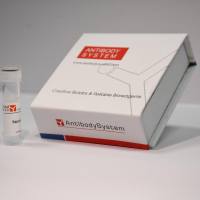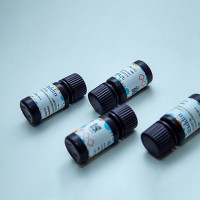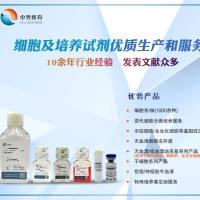Inhibition of Gene Expression In Vivo Using Multiplex siRNA
互联网
1008
Angiogenesis, also known as new blood vessel formation, is a critical process during physiological and pathological conditions (1 ,2 ). During normal development, the physiological wound healing process, and the female menstrual cycle, blood vessel growth is coordinated concomitantly with tissue growth. However, during pathological processes such as solid cancer development, diabetic retinopathy, rheumatoid arthritis, and psoriasis, abnormal angiogenesis contributes to disease progression. Thus, much effort is directed toward understanding of and the control of the angiogenesis process (3 ). Angiogenesis involves the orderly migration, proliferation, and differentiation of vascular endothelial cells into nascent blood vessel sprouts. This is followed by vascular stabilization, which entails the coverage with mural cells (pericytes or vascular smooth muscle cells) (4 ). Numerous factors regulate the various phases of angiogenesis. A major regulator of angiogenesis, vascular endothelial growth factor (VEGF), was upregulated in tumor angiogenesis, and inhibition of this factor with a specific monoclonal antibody was recently approved for clinical use in colorectal cancer (3 ). However, angiogenesis is regulated by multiple redundant pathways; therefore, multiple approaches might be needed to effectively control angiogenesis.









